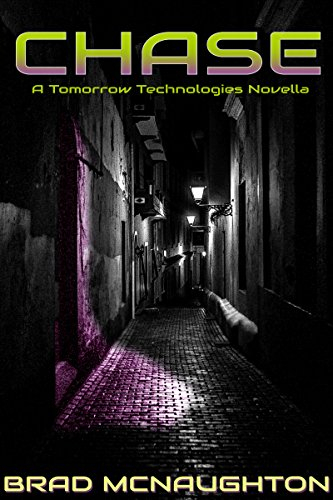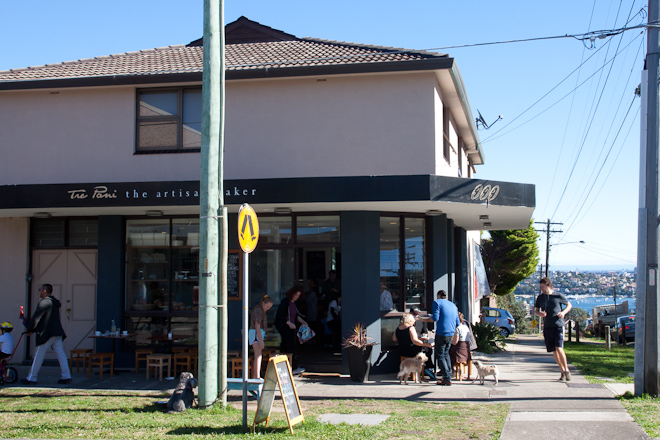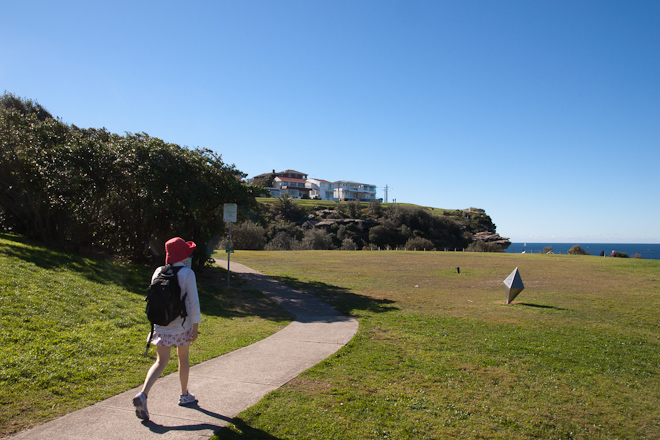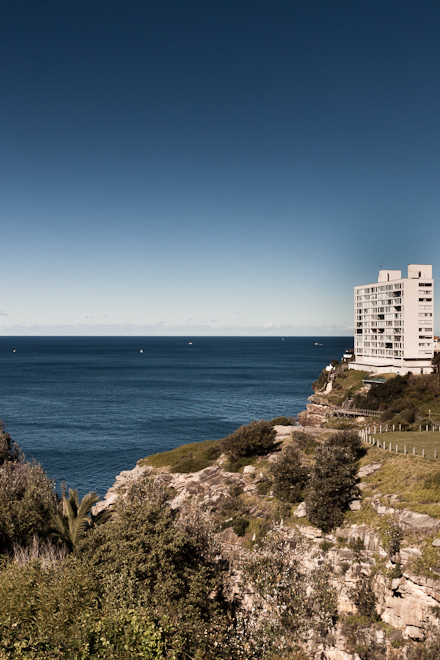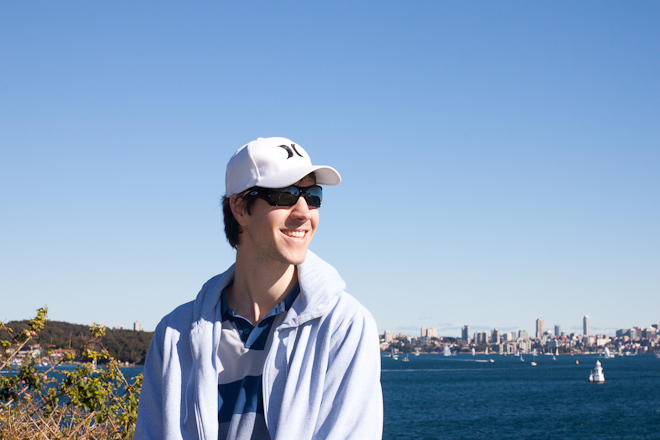A polite panic hung over the cubicles of Level 19. There was a shortage of paper towel in the office. Trilling phones made people jump. As the days went on and it became clear that the stocks would not be replenished, the intensity and overall blood pressure of the collective spiralled higher. No one could have predicted the carnage that the omission of such a simple staple would bring.
Handy towels - extra absorbent - were a necessity of office life. Their firm, flexible presence was what held the very fabric of our habitat together (stronger when wet). We used them ubiquitously, as coasters for our coffee; towels to dry our hands; wipes to clean away the sauce of our lunch or the juice from our apples from the surfaces of our desks. It was policy, the note taped to the microwave proclaimed, that reheated meals must be covered by them. And afterwards, when we rinsed our Tupperware and avoided the long since laundered tea towels it was their paper brothers we turned to for drying.
While the shortage persisted mornings became unbearable. Coffee mugs with yesterday's stains couldn't be refilled with instant coffee mix, making procrastination harder. Boxes of donuts, supplied every Monday and Friday, were eyed wistfully. Tempting, but with nothing we could hold them with, nor to wipe our mouths on after.
The rumours spoke of an issue between management and the supplier. It was a rumour only; there had been no official correspondence distributed under company logos on the official email template. Not one executive seemed to appreciate the growing worries. Paper towels were what separated us from the blue collar. What they would treat as indulgence or admire with novelty we bourgeoisie took for granted. When they ate their sandwiches they'd sweep the crumbs to the floor. After our baguettes we would shepherd the crumbs and loose shreds of romaine lettuce onto the canvas of paper towel and deposit it into our individual waste baskets. That was what made us upper class.
By the fifth day things had gotten desperate. Stocks were dwindling. Every cupboard of every kitchenette was barren. In the bathrooms disgruntled lines formed to use the gimpy blow drier and its lazy, gentle breeze. Mike, one of the Service Support technicians, was microwaving the rest of last night's stir fry under the cover of a network access request form. You could tell who had half a roll left in their desks by those who had keyboards and monitors with no dust.
After eight days you couldn't pass a water cooler without overhearing the discussions on why we didn't go out and buy our own towels. It was principle, mainly.
'Why should we buy our own towels when they used to supply them?' Martha asked. Martha was now banned from the Nandos in the plaza downstairs. She'd tried to take more than her allocation of napkins, been refused and ended up slapping a junior manager who didn't hesitate to invoke his junior authority.
'And now my photo's on the wall there!' she said.
We all had excuses: inflation, taxes, Porter's Five Forces model. In the end we didn't need to justify our action. It was our right to have paper towels provided for us.
Jon Wu developed a sniffle as the season changed. After two days of blowing his noise on the recycled toilet paper, he resigned. He did not serve his two weeks and forewent payouts.
By the third Friday, when the donuts arrived, they were placed by the still unfinished box from Monday. A sorrowful gathering began in the kitchenette to gaze at them and murmur discontentedly. Finally, Taylor, one of the apprentices who always had whispers about him, stepped forward with youthful impetuosity and selected a sugar powdered pastry. We observed silently as he raised it towards his teeth. Three, four, five bites were made. It was all but gone. Strawberry filling leaked and grains of sugar left their legacy on his fingers like sandy feet leaving the seaside.
Taylor looked around nervously, examining each of our blank faces. With no support he licked each of his fingers clean then tried to wave them dry in the air. The last time we ever saw him was his surrender; he wiped his hands down the back of his pin-stripe pants and left the kitchenette sullenly, never to be seen again.
The whispers about Taylor ended that day, but another series started.
'Rose,' Marcus passed on, 'she has towels stockpiled at her desk. Stacks of them!'
At a quarter to eleven that morning Rose moved to the ladies room. Marcus was keeping lookout, and he signalled to us all. We stormed Rose's cubicle, turning over stacks of files, knocking over ornaments and pulling out drawers.
'There!'
We all stopped, gazing in glee at the pyramid of rolls Rose had in the bottom of her drawer. Hands flew, plastic wrapping was ripped and we gorged on paper towels. Some went to their desks to clean up crumbs or mug rings and flakes of dead skin and hair. Most ran straight to the kitchenette, grabbing donuts, gloving them in paper and relishing their messy sweetness. Each took joy in the simple act of wiping the crumbs and glazing from their lips and cheeks.
Rose stopped walking as she passed us returning from the bathroom. We froze. Nothing was said. We all stared at her staring at us. She closed her gaping mouth and walked away.
'She'd bought them herself' said Marcus the next morning, as in the background Rose placed a shoeprint marked photo of two grand children into her box of belongings. 'Herself, with her own money.'
Normally when someone left there would be a celebration and we would all say goodbyes and get cake. In this climate that wasn't possible. Also, Rose did not say goodbye.
After Rose left we all became more defensive. It was no longer our office without paper towels, it was every deprived individual for him or herself.
Dale was acting suspiciously. First he went into the janitor bay and returned with an aluminium bucket filled with water. Then from the mailroom he pilfered six mail trays. Finally, he emerged from the kitchenette brandishing the sharpest looking bread knife that wasn't in the dishwasher at the time.
Dale had two Golden Pothos shrubs in pots by his workstation. The idea to reduce the level of carbon monoxide and formaldehyde in the recycled air above his desk had come from the weekly health email he distracted himself with every Tuesday. The idea to pulp them into paper towels was his alone. Carefully Dale pruned the tiny trees, binning leaves and shredding stems into the bucket. During the Thursday amalgamation meeting he brought with him a branch and meticulously filleted flakes into a pile until there were no further issues. The NRE team in Malaysia made a complaint to VOIP technical support that during Friday's teleconference there was a reoccurring background noise on the line that sounded like sloshing. By the time we left for the bar, at a quarter to five on Friday afternoon, we glared shiftily at mailbox sized sheets of freshly pulped paper being hung to set on Dale's notice board, drying slowly in the glow of his monitor.
On Monday morning our weekends were absorbed into office reality and we came across destruction. The bucket was tipped over. The mail trays lay cracked and broken. Those miscarried towels had been stomped into the ground.
The message was clear: If all of us couldn't have paper towels, no one could.
Dale did not quit. However he did relocate to Laura's cubicle to avoid a carpet that smelled of tree sap and mildew. Laura did quit. She had a family and the sight of office sabotage had been an overwhelmingly stressful beginning to another week.
Without coffee, napkins, clean desks or dry hands what was once a picturesque office plan took on a more dishevelled appearance. Where a reduction in snacking and hallway chatter had been good for production initially, things were now taking a turn for the worse. Kai was called upstairs to talk about the leaving clients. Kai was the floor manager. He'd received this position after Ken, the old floor manager, resigned because he loved spaghetti bolognaise but only owned white shirts.
Despite the isolation being cultivated on Level 19 Kai did speak to Dale after the meeting. Kai sat next to Laura's old desk.
'They have them, the managers' he whispered.
'Paper towels,' said Dale. 'You saw them?'
'Well, no. I didn't see them. But their monitors aren't dusty, their donut box was empty and I heard their microwave running.'
Dale nodded to himself. The two went to Warren's cubicle. What was once a prized, multi-viewed corner location was now a fortress. Behind an upturned desk Warren crouched, hiding shirtless with his laptop replying to emails. Discarded behind him was a cotton-polyester button up with French cuffs doused in grease and glass cleaner.
'It ends now,' said Dale.
Warren stood up, brushing carpet fluff from his pants. The three walked the cubicles like wardens, extracting recruits.
That afternoon the crowd gathered in the lobby where the lifts were locked. Warren produced his access key and the army moved away and up the stairs. As they emerged in the reception of Level 20, Jane, the switchboard operator who had not been able to reapply make-up in three weeks, buzzed them through.
Upper Management was not a crowded space until filled with us vainqueurs. Quickly we clamoured through the heavy door frame and onto the more luxuriously carpeted floor between the wider partitions of Level 20.
'You can't be in here!' said a startled Frank, Asia Pacific Service Executive.
Before we could outlay our demands, Elliot - a forty-three year veteran of the accounting team - swung the keyboard he'd carried upstairs into Frank's neatly shaved face. Blood and NumPad keys sprayed through the air. Unprepared and aghast, we watched in slow motion Frank's buckling knees and his slump to the floor. There was silence. Elliot pointed at Frank's hand. His grip fell apart as he slipped into unconsciousness. From between his fingers the clutched paper towel unrumpled and rolled onto the carpet.
The scene became one of action. Rob, who signed our Christmas bonus letters, peered out from his office and performed a startled yelp. Dave B and Dave M from IT showered him with a volley of hubs and line filters. He cowered behind the water cooler and surrendered. The Daves tangled him in Ethernet cable and buried a wireless mouse between his teeth.
Alexi, from the print room, was pummelling our financial director with ink cartridges. Warren and Kai shepherded the rest of the executives towards the boardroom, brandishing telephone handsets like lassoes.
Dale stood and watched as the door was blocked shut, then walked to the manager's kitchen. There, on the shelf above the microwave, stood three rolls of paper towels. He clutched them to his chest and carried them back. They were thrown into the air to the sounds of cheers.
Mary, the CEO, was taken from the other managers and dragged to the copy room by Alexi. We laid her down across the bench. Her eyes darted around, her face confused yet still. Her neck rested on the paper guillotine. Though her vein pulsed she seemed to accept her destiny. Her eyes resting on Dale's hands and the paper towels he held, ready to wipe up spills.
Assignats is a short story I wrote in the spring of 2007. It was the first story I ever submitted to a real-life publication and the source of my first rejection slip. I always planned to improve it to the extent that one day its submission would lead to an acceptance slip, so I never posted it online. Hindsight has shown me that people aren't ready for the fantasy-office life genre. Also, I realised that brilliance wasn't inherited. I published this old story on bradism.com as a symbolic gesture to remind me that a rejection slip is actually quite high on the list of rewards that come from writing.
